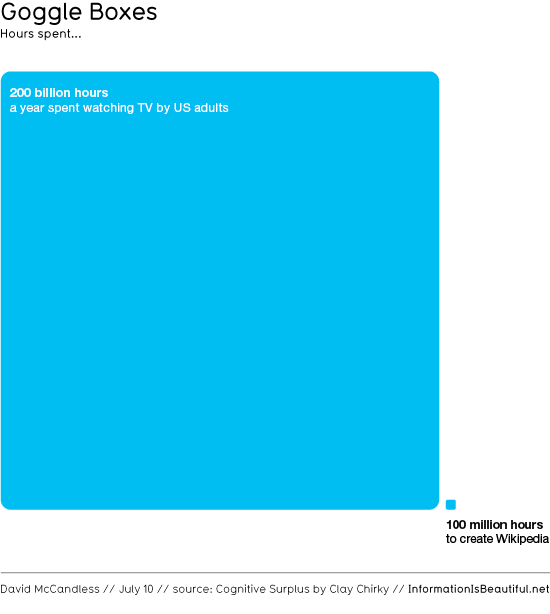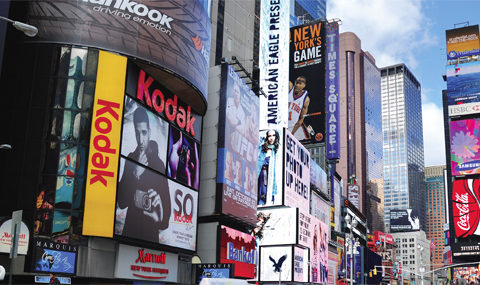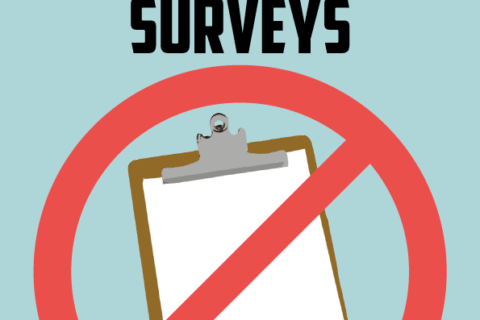Anna Peters
Can we improve research by harnessing the cognitive surplus?
Observing and interviewing do a great job of helping us to understand what people want. But are we missing a trick by not getting creative with our consumers? Clay Shirky recently argued that ‘cognitive surplus’ suggests that all consumers have the capacity, and desire, to be creative. As researchers there may be an opportunity to use cognitive surplus as a new methodological approach to enhance our work.
Clay Shirky on Cognitive Surplus
Shirky argues that increasingly we are using our free time to engage in creative, as opposed to consumptive, acts: instead of watching hours of television, we are creating LOL cats.
LOL cats aren’t just an inane waste of time. They are an indicator of the desire and capacity within us all to create and collaborate. And, Shirky argues, this has huge implications for the development of new ideas – it’s the catalyst behind innovations such as Wikipedia.
Can the idea of cognitive surplus be applied to research?
If we apply the idea of creative surplus to the research world, then it follows that (in addition to observing and interviewing consumers) we have an opportunity to create with them: compared to the 200 billion hours of TV that American adults watch each year Wikipedia only took 100 million hours to build. Just imagine what we researchers could do with all that surplus!

So what’s stopping us?
Firstly, there’s the creativity myth.
It’s the idea that only 1% of individuals can be creative, and I simply don’t believe that good ideas are the preserve of a select few. I’m a proponent of diversity breeding creativity, and I’m not the only one. In a recent survey, 69% of consumers agreed that “everybody has the capacity to be creative” [source: Vision Critical UK panel, Sept 2011]. What’s more, the co-executive producer of The Simpsons thinks so, too, and I’m not going to argue with anyone who has created the longest running American sitcom (although it doesn’t go unnoticed that The Simpsons may well be to blame for all those hours of TV watching the Shirky sites as the cause of cognitive surplus…)
Secondly, there is consumer inhibition.
Perpetuated by the popular notion that only a few people can be creative, when research starts consumers can’t help but observe the traditional researcher/respondent roles. Also, these rules don’t allow much room for cognitive surplus to be harnessed.
And finally, are we too keen on preserving our ivory towers?
It’s possible, and I’m just testing this idea out, that the uncertain economic climate has made us all a little more protective of our jobs. And whilst this might lead to short term employment gains it is possible that it might actually be detrimental for the research industry as a whole: I wonder what our industry would look like if we were a little more willing to relinquish control and really embrace cognitive surplus as a methodological approach?




2 comments
Consumers can be very creative!! Creating the right context to be creative is important.
This is pretty much what we do a lot of at Face. We use co-creation to try to get consumers to actually work with our clients and create new ideas, like new products and marketing messages. We use consumer creativity daily. So I don’t think that harnessing the cognitive surplus will destroy our jobs. It might change them, but not get rid of.